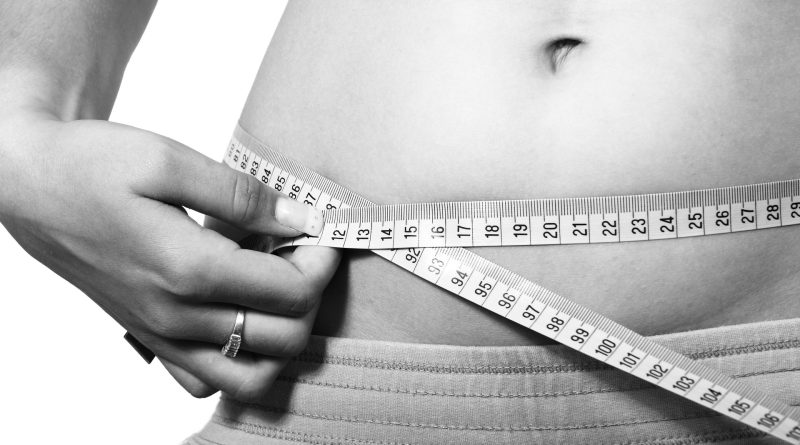How to avoid loose skin after weight loss
One of the most common concerns among people who are trying to lose weight is how to avoid loose skin. When you lose a significant amount of weight, your skin will not be able to shrink back as quickly as your body. This can leave you with excess, saggy skin that can be difficult to get rid of.
There are a few things you can do to help avoid loose skin after weight loss:
- Lose weight slowly and steadily. If you lose weight too quickly, your skin will not have time to adjust and may become loose. Aim to lose 1-2 pounds per week.
- Exercise regularly. Exercise helps to tone your muscles and can help reduce the appearance of loose skin.
- Stay hydrated. Drinking plenty of water helps to keep your skin healthy and may help to reduce the appearance of loose skin.
- Eat a healthy diet. Eating a diet that is rich in fruits, vegetables, and whole grains can help to improve the appearance of your skin.
- Use moisturizer. Keeping your skin hydrated with a good moisturizer can help to reduce the appearance of loose skin.
If you are concerned about loose skin after weight loss, talk to your doctor or a dermatologist. They can offer additional tips and advice on how to avoid loose skin and improve its appearance.
Factors affecting loose skin after weight loss
There are a number of factors that can affect how much loose skin you have after weight loss. These include:
- How much weight did you lose? The more weight you lose, the more likely you are to have loose skin.
- How quickly you lose weight. Losing weight quickly, such as through fad diets, will increase your risk of loose skin.
- Your age. Older adults are more likely to have loose skin after weight loss because their skin is less elastic and doesn’t bounce back as well.
- Your genetics. Some people are simply more prone to loose skin due to their genes and cannot do much about it.
- Whether you have had surgery. If you have had weight-loss surgery, such as gastric bypass, you are more likely to have loose skin.
- Your overall health. People who are not as healthy or who smoke are also more likely to have loose skin after weight loss.
- The amount of muscle mass you have. Muscle helps to support your skin, so if you have less muscle, you are more likely to have loose skin.
If you are concerned about loose skin after weight loss, talk to your doctor or a dermatologist. They can offer additional tips and advice on how to avoid loose skin and improve its appearance.
How can you lose weight?
There are a number of ways you can lose weight, including:
- Eating a healthy diet. This includes eating plenty of fruits, vegetables, whole grains, and optavia lean and green recipes and avoiding processed foods and sugary drinks.
- Exercising regularly. This means getting at least 150 minutes of moderate-intensity exercise each week.
- Cutting back on calories. If you consume more calories than you burn, you will gain weight. So, if you want to lose weight, you need to create a calorie deficit by eating fewer calories or burning more calories through exercise.
- Reducing stress. Stress can lead to emotional eating and weight gain. Try to manage stress through relaxation techniques such as yoga or meditation.
- Getting enough sleep. Sleep deprivation can lead to weight gain. aim for 7-8 hours of sleep each night.
If you are struggling to lose weight, talk to your doctor or a registered dietitian. They can offer additional tips and advice on how to create a healthy weight-loss plan that works for you.




